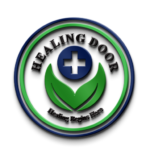Signs of a Codependent Person: by Healing Door rehabilitation center Pakistan.
Codependency-Best Rehab Center in Islamabad, Pakistan. 1
Signs of a Codependent Person 2
8 Questions to Check Codependency 2
6 Ways to Manage a Codependent Person 4
7. Taking Professional Advice 5
Signs of a Codependent Person: by Healing Door rehabilitation center Pakistan.


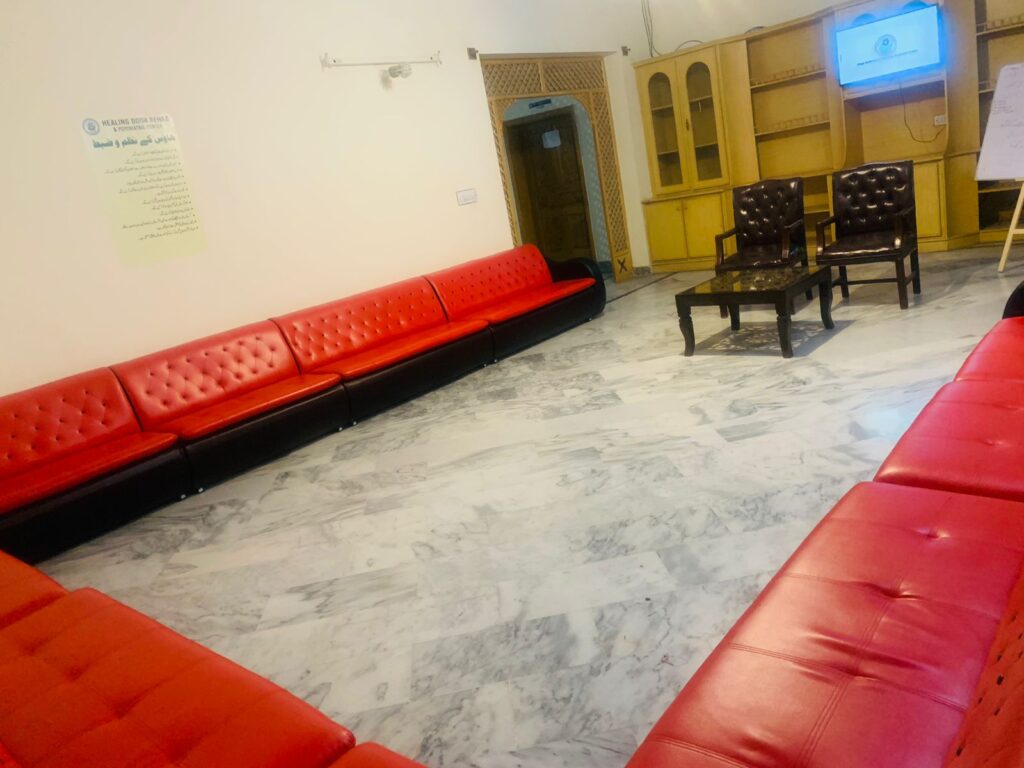



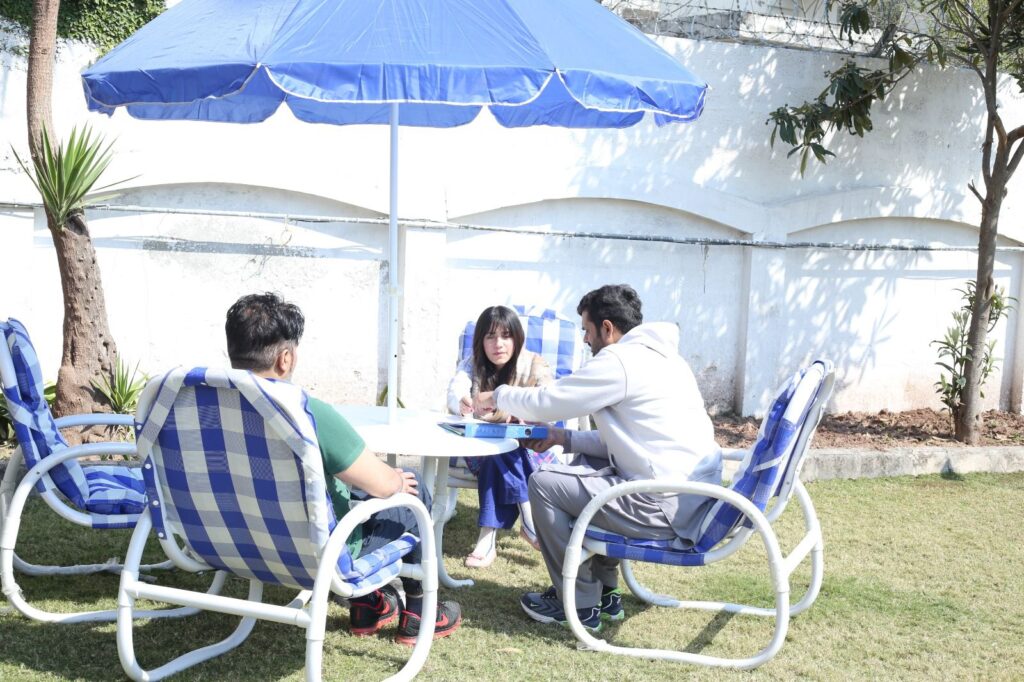


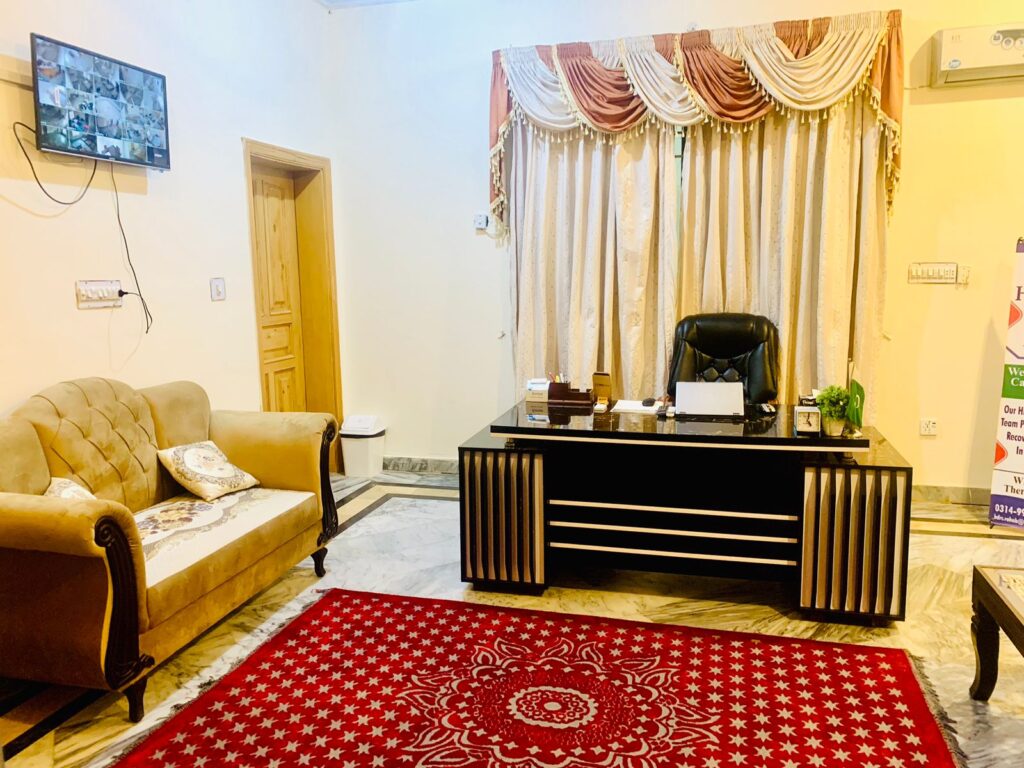
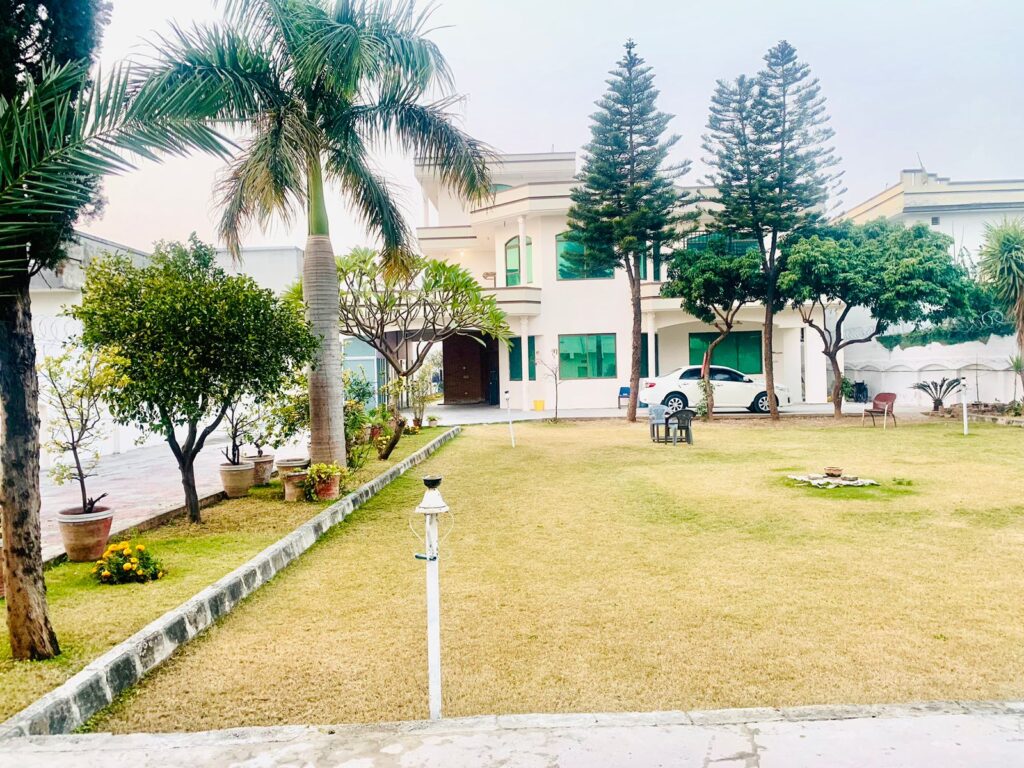



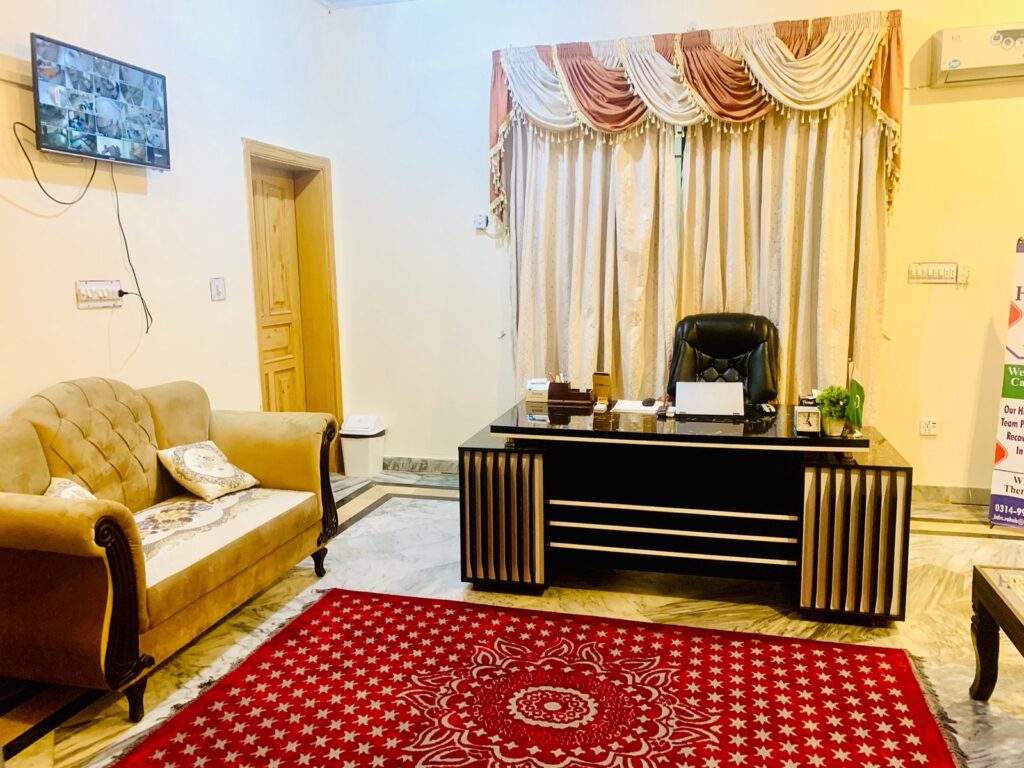
Are you always putting others’ needs before your own? Do you often ignore your feelings and give up your ideas easily? Are you tired of this play?
Well, worry not! You’re not alone in this. Many people struggle with the issues of codependency in their lives.
It is important to keep in mind that codependency leads to a dysfunctional life and disturbed functioning. According to stats, about 96% of codependents have experienced abuse in some form (Mental Health America).
Let’s delve into this article and discover the relationship between addiction and codependency and signs of codependency you or your loved one might be dealing with.
Signs of a Codependent Person
| Sign | Description |
| Excessive Caretaking | Feeling overly responsible for others’ feelings and actions. |
| Low Self-Worth | Basing one’s self-worth on others’ approval. |
| Poor Boundaries | Struggling to say “no” and set healthy boundaries. |
| Denial of Personal Needs | Ignoring one’s own needs while focusing on others. |
| Fear of Abandonment | Going to great lengths to avoid rejection. |
| People-Pleasing | Prioritising others’ happiness over one’s own. |
| Control Issues | Trying to control situations and people around oneself. |
| Difficulty Expressing Emotions | Finding it hard to identify and express one’s feelings. |
8 Questions to Check Codependency
There are many signs of codependency you can notice and observe. Following is a list of 8 questions or signs you can look out for.
| Questions | |
| Excessive Caretaking | Do you feel responsible for others’ feelings and actions? |
| People-Pleasing | Do you prioritise others’ happiness over your own? |
| Control Issues | Do you try to control situations and people around you? |
| Difficulty Expressing Emotions | Do you find it hard to identify and express your feelings? |
| Fear of Abandonment | Do you go to great lengths to avoid rejection? |
| Denial of Personal Needs | Do you ignore your own needs while focusing on others? |
| Poor Boundaries | Do you struggle to say “no” and set healthy boundaries? |
| Low Self-Worth | Do you base your self-worth on others’ approval? |
Codependency and Addiction
Codependency and addiction often coexist, creating a complex web of emotional and psychological challenges for the codependent individual as well as their loved ones.
Today’s society sees a high prevalence of ice and alcohol addiction, which leads many to seek treatment from reputable psychiatric and rehab centres.
The Healing Door Rehab Center, one of the best psychiatric and rehab centre in Pakistan, offers patients with codependency and addiction issues complete therapy.
Realising the impacts of codependency is usually the first step on the path to recovery from an ice or alcohol addiction.
This behaviour pattern may promote addictive behaviours and obstruct the healing process. Seeking professional help from Healing Door Rehab Center or another recognized facility, which is the best rehab in Islamabad, is imperative.
Breaking the Cycle
Recognizing these signs is the first step. Seek support, set boundaries, and prioritise self-care.
You deserve a healthy, balanced life.
- Understand the behaviours and patterns associated with codependency, such as excessive caretaking, low self-esteem, and fear of abandonment.
- Join a support group or seek therapy to gain insight and tools to break the cycle of codependency.
- Learn to say no and establish healthy boundaries in your relationships to avoid enabling behaviours.
- Take time for yourself, engage in activities that bring you joy, and practice self-compassion.
- Learn about codependency and addiction to gain a deeper understanding of these issues.
- Communicate your needs and feelings assertively, rather than passively or aggressively.
- Work on building your self-esteem and developing a strong sense of self.
6 Ways to Manage a Codependent Person
Managing a codependent person can be challenging, but there are several strategies you can employ to provide support and encourage healthier behaviours:
1. Boundary Setting
Clearly communicate your own boundaries and stick to them. This helps establish a healthier dynamic in the relationship.
2. Being Independent
Support the person in taking steps towards independence and self-reliance. Offer encouragement and praise for their efforts.
3. Prioritising Self Care
Encourage the person to prioritise their own well-being and engage in activities that promote self-care and self-love.
4. Taking Responsibility
Refrain from enabling the person’s codependent behaviours. Instead, encourage them to take responsibility for their actions and seek help if needed.
5. Listening
Be there to listen and offer emotional support, but avoid taking on their problems as your own.
6. Equipping Yourself
Learn more about codependency and how it affects relationships. This can help you understand the person’s behaviour and respond more effectively.
7. Taking Professional Advice
If the person’s codependency is causing significant issues in their life or relationship, encourage them to seek professional help from a therapist or counsellor.
Wrapping Up
In sum, managing a codependent person requires finding a delicate balance between offering support, setting limits, and encouraging good behaviour.
By setting up limits, promoting independence, and refraining from enabling behaviour, you can help the person move toward a more balanced and fulfilling life.
Moreover, knowing about codependency, offering support, and promoting self-care can all contribute to the development of a more fruitful and successful plan.
Remember that seeking professional help could enable the individual to address underlying issues and develop more beneficial coping mechanisms.
Ultimately, by approaching the situation with dignity and compassion, you may aid the person on their road to healing and growth.
Contact today to get the help you or your loved one need for a better future.
